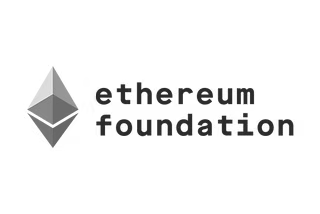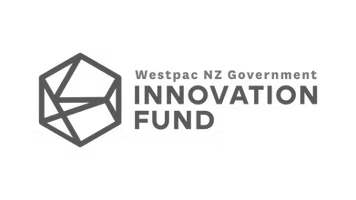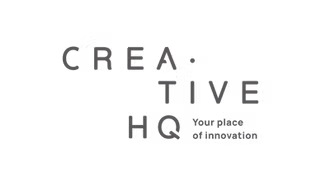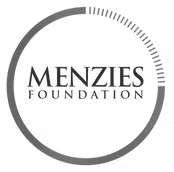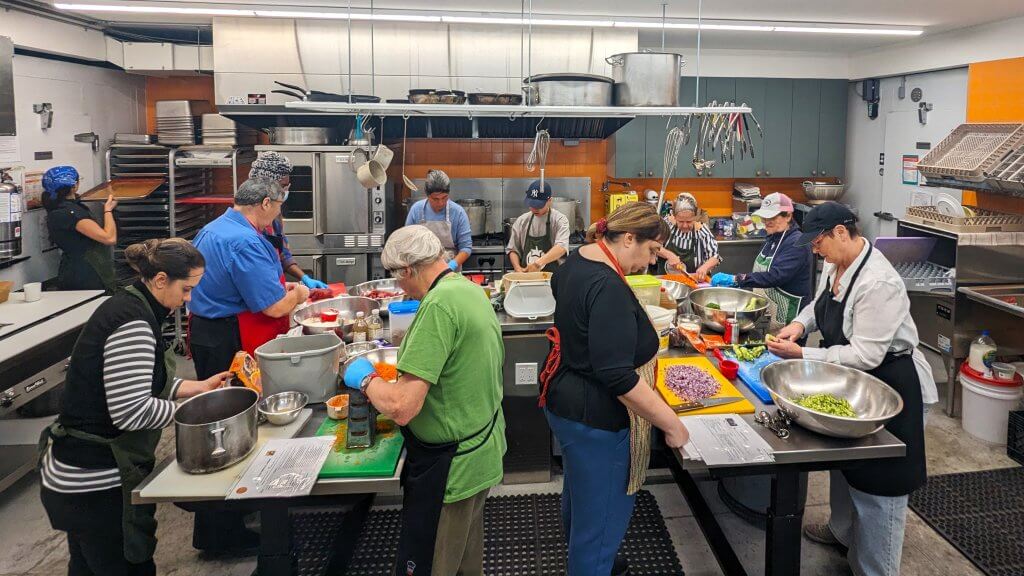
For Communities: Power in Your Hands
Hum makes it simple for neighbourhood groups, whānau, or grassroots collectives to share ideas, access funding, and take action—without needing a legal entity or heavy admin.
Who Uses Hum? Real Community Groups
From whānau collectives to urban activists, Hum can serve diverse grassroots communities worldwide.
A hapū-based collective in a small rural settlement pooling resources for cultural revival, marae repairs, and rangatahi leadership opportunities.
Urban high school and university students using micro-grants for local climate projects like community gardens, bike repair stations, and zero-waste campaigns.
Newly arrived families in a city who share funding for language classes, micro-business startups, and cultural integration events.
Seniors living alone in a suburban area who co-fund initiatives for transport, companionship activities, and health support.
A group of young creatives renting studios together and using funds to support shared equipment, collaborative art projects, and gallery space.
A safe space group focusing on wellbeing, traditional practices, and micro-grants for counselling, craft workshops, and land connection retreats.
Parents and coaches in a low-income area using pooled funds to buy equipment, cover tournament fees, and provide healthy food for youth athletes.
Small café and shop owners on a main street co-deciding on beautification projects, street festivals, and shared advertising to keep the local economy strong.
Adults with lived disability experience who fund accessibility improvements, peer support training, and advocacy campaigns in their city.
Residents in a flood-prone region pooling funds for shared equipment like radios, emergency kits, and community response training.
Apartment dwellers creating rooftop and balcony gardens, sharing funds for soil, seedlings, and tools to strengthen food security and neighbour connection.
Seasonal workers in a rural farming district deciding together on support initiatives like transport, shared meals, and legal advice services.
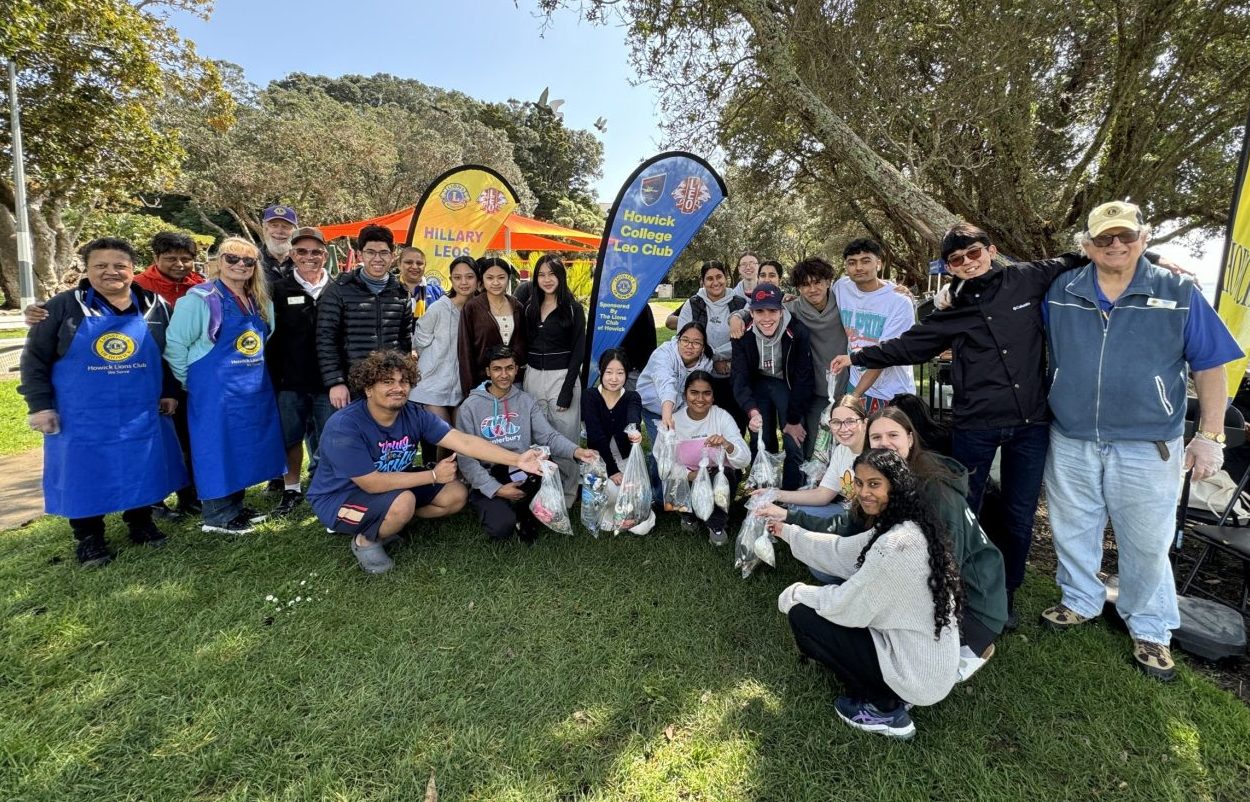
Built for Community Empowerment
Every feature designed to put decision-making power back in your hands.
Your group and neighbours choose which projects to fund, building fairness, trust, and unity instead of relying on outside decision-makers.
No need for complicated forms or formal status - apply, vote, and receive microgrants directly to individuals to make change where it matters most.
See instantly where money is going and share stories of impact, building pride and accountability within your community.
Funding processes respect and adapt to local values, whether that's collective decision-making, whānau-centred priorities, or other cultural practices.
Voices from Our Communities
Real stories from community members who've experienced the power of collective decision-making.
"Super easy to use and definitely fit for purpose in a time where community engagement seems so difficult."
Local Community Leader
Community Pilot Participant
"It was great to be a part of this pilot and interesting how this relates to our community giving, but flips the model to empower the community differently."
Community Bank Sandringham
Banking Partner
"From my experience, it was great to see a platform that engages the community in a meaningful way, allowing people to have a direct say in shaping local initiatives."
Community Engagement Officer
Port Phillip Eco Centre
"There were a lot of thin ideas and a lot of tired people at the end of the year, having this tool and coming together around it helped provide structure and approach that let us get focused and build momentum around the agreed upon ideas that usually would have taken a lot longer."
Village Zero Member
Community Initiative
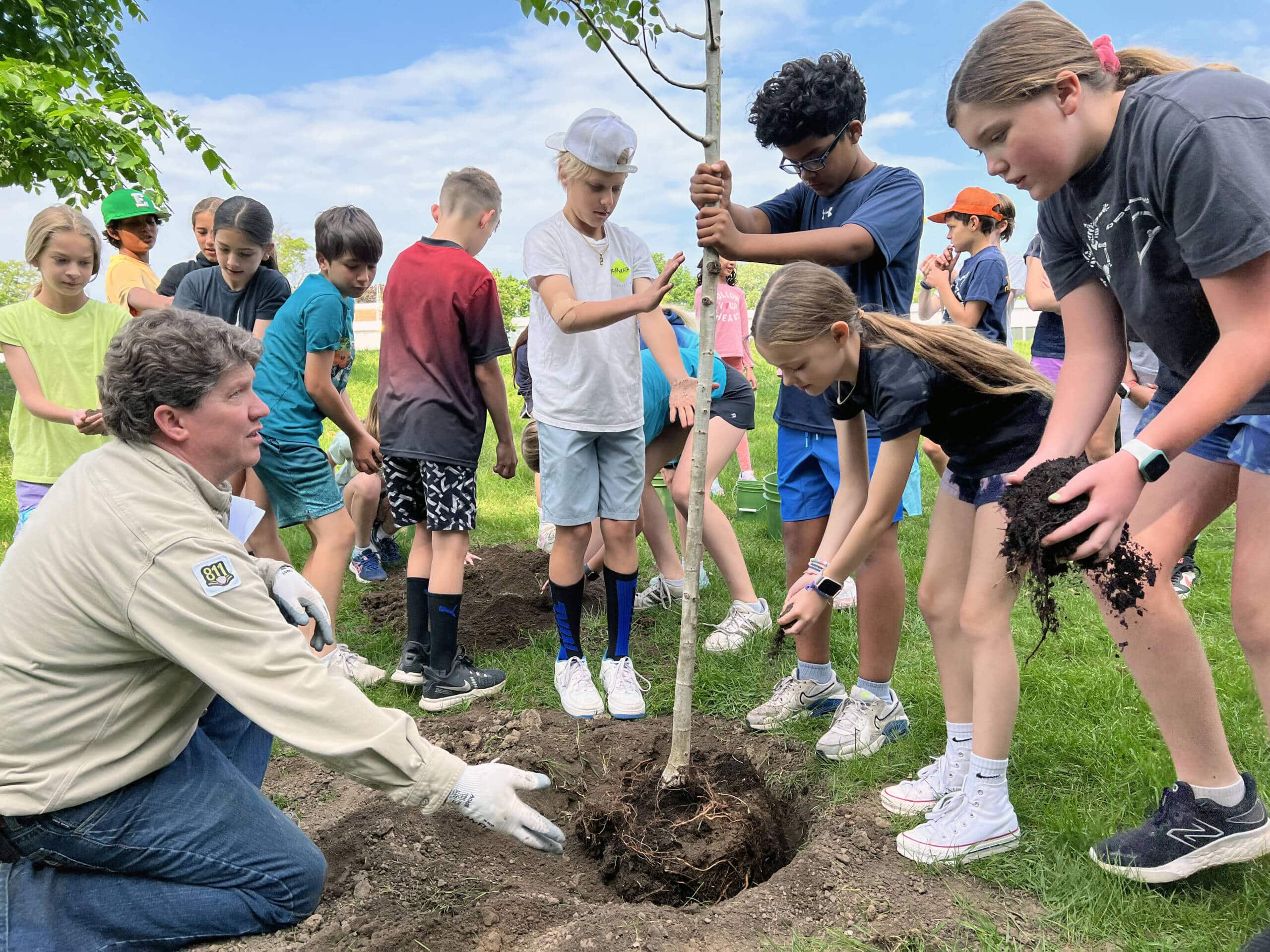
Proudly Supported By
